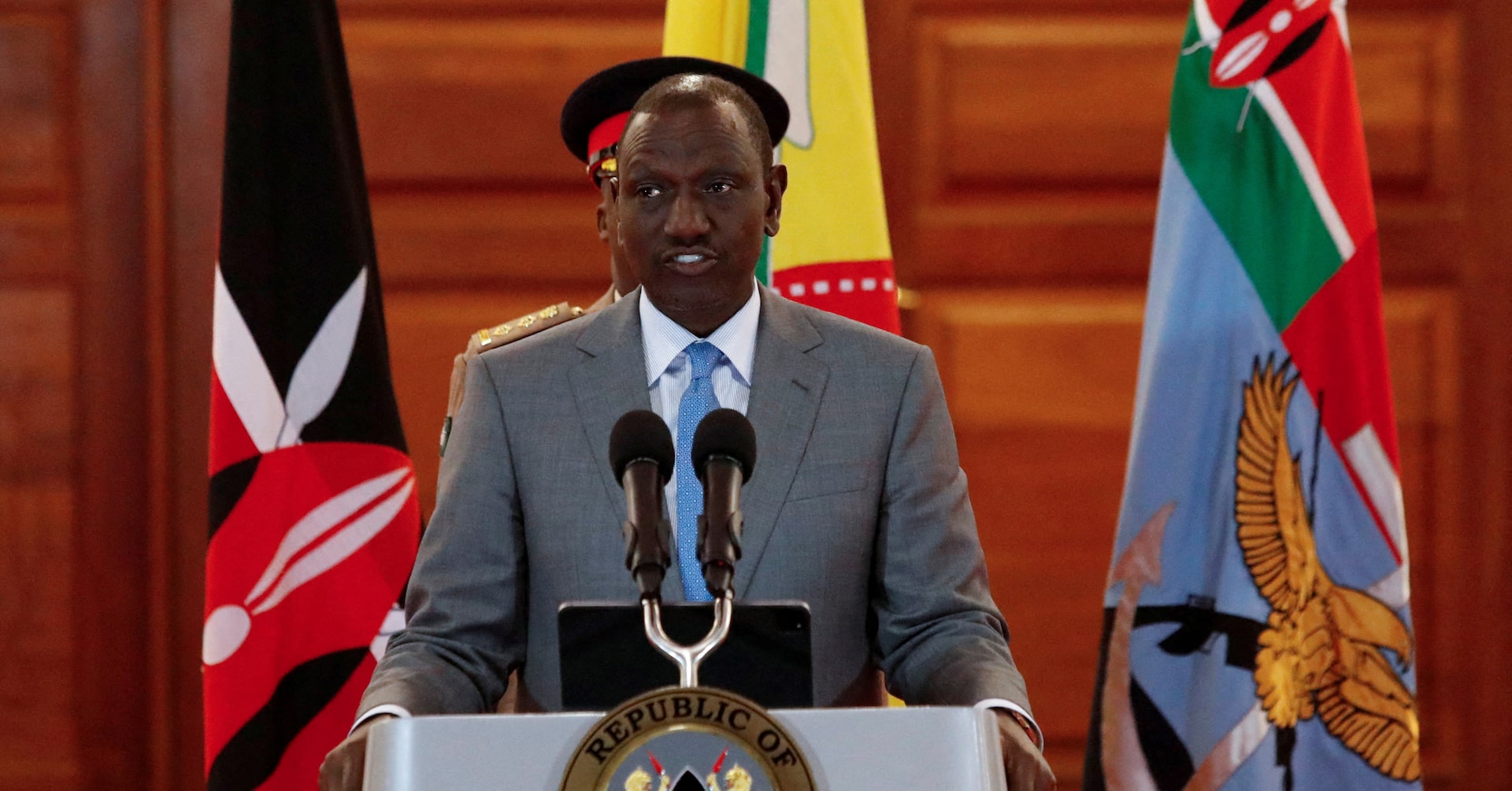Kenyan Lawmakers Approve 2025 Finance Bill
Kenya’s Parliament voted on Thursday to pass the proposed 2025 Finance Law, marking a crucial step in shaping the country’s fiscal strategy for the upcoming year. The legislation, which aims to enhance revenue collection and bolster economic development, was approved after rigorous debates and public scrutiny.
The law, tabled by the Treasury earlier this year, includes several tax amendments intended to boost national revenue. However, lawmakers responded to growing concerns from citizens and advocacy groups by rejecting a controversial proposal that would have granted the Kenya Revenue Authority (KRA) unrestricted access to taxpayers’ personal data.
Privacy Concerns Influence Key Decision
A key sticking point during deliberations was the provision that would have allowed the KRA to access private data without a court order. The proposal, according to government officials, was designed to enhance tax compliance and detect fraud more effectively. However, critics argued that such a move would violate constitutional rights and open the door to potential abuse.
“We must ensure that taxation does not come at the expense of citizens’ privacy,” said one member of Parliament during the floor debate. Legislators ultimately decided to strike down the clause, citing the need to uphold constitutional safeguards and protect individual freedoms.
Public Reaction and Civil Society Response
Civil rights organizations and privacy advocates hailed the decision as a victory for individual liberties. Over the past few weeks, public forums and media discussions had been dominated by fears of government overreach and data misuse. The rejection of the data access provision reflects growing public demand for transparency and accountability in governance.
“We commend Parliament for listening to the people,” said a spokesperson for the Kenyan Human Rights Commission. “Tax compliance is important, but it must be balanced with fundamental rights.”
Surveys conducted by local research institutions showed that a majority of Kenyans were opposed to the KRA data access proposal, fearing it could lead to surveillance and misuse of personal information.
Key Features of the 2025 Finance Law
Despite the removal of the data access clause, the 2025 Finance Law introduces several notable changes. These include the introduction of new excise duties on luxury goods, adjustments to income tax brackets, and measures to curb tax evasion.
The law also aims to streamline tax administration by leveraging digital platforms and simplifying compliance procedures. Small and medium enterprises (SMEs) are expected to benefit from reduced paperwork and clearer guidelines under the new framework.
“We are committed to building a fair and efficient tax system,” said a Treasury spokesperson following the vote. “These reforms are designed to support growth while ensuring everyone pays their fair share.”
Economic Implications and Government Strategy
Analysts say the passage of the Finance Law is a positive step for the Kenyan economy, which continues to recover from the effects of the COVID-19 pandemic and global economic headwinds. The government has set ambitious revenue targets for 2025, and the law is expected to play a central role in achieving those goals.
“Fiscal discipline and enhanced revenue collection are critical for sustainable development,” said an economist from the University of Nairobi. “While some proposals were dropped, the law provides a solid foundation for economic planning.”
Government officials have stressed that the new measures will help fund key sectors, including infrastructure, healthcare, and education. By improving tax efficiency, the Treasury hopes to reduce reliance on external borrowing and stabilize public finances.
Next Steps and Implementation
Now that the Finance Law has been passed, the next phase involves its implementation by relevant government agencies. The Kenya Revenue Authority is expected to roll out new systems and guidelines in the coming months.
Public awareness campaigns will be launched to educate taxpayers on the new provisions and their implications. The Treasury has also pledged to maintain open lines of communication with stakeholders to ensure smooth rollout and address any challenges that arise.
“We will work closely with all stakeholders to ensure successful implementation,” said the Cabinet Secretary for the National Treasury. “Our goal is to make the tax system more inclusive and responsive to the needs of all Kenyans.”
This article is inspired by content from Reuters. It has been rephrased for originality. Images are credited to the original source.

